from €1800
€2000
Your discount: €200
Turkish oncologist will provide an individual chemotherapy program.
Doctor-consultant will select the best specialist, draw up an individual price offer for you and help you at all stages of organizing and undergoing treatment.
from €5800
€6000
Your discount: €200
Israeli oncologist will provide an individual chemotherapy program.
Doctor-consultant will select the best specialist, draw up an individual price offer for you and help you at all stages of organizing and undergoing treatment.
from €4800
€5000
Your discount: €200
Spanish oncologist will provide an individual chemotherapy program.
Doctor-consultant will select the best specialist, draw up an individual price offer for you and help you at all stages of organizing and undergoing treatment.
from €7800
€8000
Your discount: €200
German oncologist will prepare an individual chemotherapy program.
Doctor-consultant will select the best specialist, draw up an individual price offer for you and help you at all stages of organizing and undergoing treatment.
from €1800
€2000
Your discount: €200
Polish oncologist will prepare an individual chemotherapy program.
Doctor-consultant will select the best specialist, draw up an individual price offer for you and help you at all stages of organizing and undergoing treatment.
from €3800
€4000
Your discount: €200
Italian oncologist will prepare an individual chemotherapy program.
Doctor-consultant will select the best specialist, draw up an individual price offer for you and help you at all stages of organizing and undergoing treatment.
from €4800
€5000
Your discount: €200
Turkish radiologist will prepare a personalized radiation therapy program
Doctor-consultant will select the best specialist and help at all stages of organizing and undergoing radiation therapy.
from €6800
€7000
Your discount: €200
Israeli radiologist will draw up an individual radiation therapy program.
Doctor-consultant will select the best specialist and help at all stages of organizing and undergoing radiation therapy.
from €6800
€7000
Your discount: €200
German radiologist will draw up an individual radiation therapy program.
Doctor-consultant will select the best specialist and help at all stages of organizing and undergoing radiation therapy.
from €4800
€5000
Your discount: €200
Spanish radiologist will draw up an individual radiation therapy program.
Doctor-consultant will select the best specialist and help at all stages of organizing and undergoing radiation therapy.
from €4800
€5000
Your discount: €200
Polish radiologist will prepare an individual radiation therapy program.
Doctor-consultant will select the best specialist and help at all stages of organizing and undergoing radiation therapy.
from €4800
€5000
Your discount: €200
Italian radiologist will draw up an individual radiation therapy program.
Doctor-consultant will select the best specialist and help at all stages of organizing and undergoing radiation therapy.
from €1800
€2000
Your discount: €200
Turkish plastic surgeon will make an individual operation program.
Doctor-consultant will select the best doctor for your renewed beauty.
from €4800
€5000
Your discount: €200
German plastic surgeon will make an individual operation program.
Doctor-consultant will select the best doctor for your renewed beauty.
from €4800
€5000
Your discount: €200
Israeli plastic surgeon will make an individual operation program.
Doctor-consultant will select the best doctor for your renewed beauty.
from €2800
€3000
Your discount: €200
Italian plastic surgeon will make an individual operation program.
Doctor-consultant will select the best doctor for your renewed beauty.
from €1300
€1500
Your discount: €200
Polish plastic surgeon will make an individual operation program.
Doctor-consultant will select the best doctor for your renewed beauty.
from €2800
€3000
Your discount: €200
Spanish plastic surgeon will make an individual operation program.
Doctor-consultant will select the best doctor for your renewed beauty.
from €6800
€7000
Your discount: €200
Turkish orthopedic surgeon will make an individual operation program.
Doctor-consultant will select the best specialist and help at all stages of organizing and undergoing surgical treatment.
from €9800
€10000
Your discount: €200
Israeli orthopedic surgeon will make an individual operation program.
Doctor-consultant will select the best specialist and help at all stages of organizing and undergoing surgical treatment.
from €9800
€10000
Your discount: €200
German orthopedic surgeon will make an individual operation program.
Doctor-consultant will select the best specialist and help at all stages of organizing and undergoing surgical treatment.
from €6800
€7000
Your discount: €200
Italian orthopedic surgeon will make an individual operation program.
Doctor-consultant will select the best specialist and help at all stages of organizing and undergoing surgical treatment.
from €4800
€5000
Your discount: €200
Lithuanian orthopedic surgeon will make an individual operation program.
Doctor-consultant will select the best specialist and help at all stages of organizing and undergoing surgical treatment.
from €4800
€5000
Your discount: €200
Polish orthopedic surgeon will make an individual operation program.
Doctor-consultant will select the best specialist and help at all stages of organizing and undergoing surgical treatment.
from €800
€1000
Your discount: €200
Ukrainian orthopedic surgeon will make an individual operation program.
Doctor-consultant will select the best specialist and help at all stages of organizing and undergoing surgical treatment.
from €5800
€6000
Your discount: €200
Spanish orthopedic surgeon will make an individual operation program.
Doctor-consultant will select the best specialist and help at all stages of organizing and undergoing surgical treatment.
from €14800
€15000
Your discount: €200
Turkish neurosurgeon will study the medical situation and give recommendations for treatment.
Doctor-consultant will select the best specialist and help at all stages of organizing and undergoing surgical treatment.
from €19800
€20000
Your discount: €200
Israeli neurosurgeon will study the medical situation and give recommendations for treatment.
Doctor-consultant will select the best specialist and help at all stages of organizing and undergoing surgical treatment.
from €19800
€20000
Your discount: €200
German neurosurgeon will study the medical situation and give recommendations for treatment.
Doctor-consultant will select the best specialist and help at all stages of organizing and undergoing surgical treatment.
from €14800
€15000
Your discount: €200
Italian neurosurgeon will study the medical situation and give recommendations for treatment.
Doctor-consultant will select the best specialist and help at all stages of organizing and undergoing surgical treatment.
from €9800
€10000
Your discount: €200
Lithuanian neurosurgeon will study the medical situation and give recommendations for treatment.
Doctor-consultant will select the best specialist and help at all stages of organizing and undergoing surgical treatment.
from €9800
€10000
Your discount: €200
Spanish neurosurgeon will study the medical situation and give recommendations for treatment.
Doctor-consultant will select the best specialist and help at all stages of organizing and undergoing surgical treatment.
from €1300
€1500
Your discount: €200
Ukrainian neurosurgeon will study the medical situation and give recommendations for treatment.
Doctor-consultant will select the best specialist and help at all stages of organizing and undergoing surgical treatment.
from €200
€400
Your discount: €200
Turksih doctor will answer your questions
If you have doubts about your treatment recommendation or are unsure about your diagnosis, one of the best foreign doctors may answer your questions.
from €700
€900
Your discount: €200
Israeli doctor will answer your questions
If you have doubts about your treatment recommendation or are unsure about your diagnosis, one of the best foreign doctors may answer your questions.
from €400
€600
Your discount: €200
German doctor will answer your questions
If you have doubts about your treatment recommendation or are unsure about your diagnosis, one of the best foreign doctors may answer your questions.
from €400
€600
Your discount: €200
Italian doctor will answer your questions
If you have doubts about your treatment recommendation or are unsure about your diagnosis, one of the best foreign doctors may answer your questions.
from €300
€500
Your discount: €200
Polish doctor will answer your questions
If you have doubts about your treatment recommendation or are unsure about your diagnosis, one of the best foreign doctors may answer your questions.
from €200
€400
Your discount: €200
Ukrainian doctor will answer your questions
If you have doubts about your treatment recommendation or are unsure about your diagnosis, one of the best foreign doctors may answer your questions.
from €400
€600
Your discount: €200
Spanish doctor will answer your questions
If you have doubts about your treatment recommendation or are unsure about your diagnosis, one of the best foreign doctors may answer your questions.
from €9800
€10000
Your discount: €200
Israeli orthopedic surgeon prepare an individual surgical plan and recomendations
Doctor-consultant will select the best specialist and help at all stages of organizing and undergoing surgical treatment.
from €7800
€8000
Your discount: €200
Turkish orthopedic surgeon prepare an individual surgical plan and recomendations
Doctor-consultant will select the best specialist and help at all stages of organizing and undergoing surgical treatment.
from €9800
€10000
Your discount: €200
German orthopedic surgeon prepare an individual surgical plan and recomendations
Doctor-consultant will select the best specialist and help at all stages of organizing and undergoing surgical treatment.
from €6800
€7000
Your discount: €200
Italian orthopedic surgeon prepare an individual surgical plan and recomendations
Doctor-consultant will select the best specialist and help at all stages of organizing and undergoing surgical treatment.
from €4800
€5000
Your discount: €200
Lithuanian orthopedic surgeon prepare an individual surgical plan and recomendations
Doctor-consultant will select the best specialist and help at all stages of organizing and undergoing surgical treatment.
from €4800
€5000
Your discount: €200
Polish orthopedic surgeon prepare an individual surgical plan and recomendations
Doctor-consultant will select the best specialist and help at all stages of organizing and undergoing surgical treatment.
from €5800
€6000
Your discount: €200
Spanish orthopedic surgeon prepare an individual surgical plan and recomendations
Doctor-consultant will select the best specialist and help at all stages of organizing and undergoing surgical treatment.
from €200
€400
Your discount: €200
Lithuanian doctor will answer your questions
If you have doubts about your treatment recommendation or are unsure about your diagnosis, one of the best foreign doctors may answer your questions.
After examining your situation, doctor will make an individual price offer.
Doctor-consultant will answer all your questions about the cost of treatment, the choice of a doctor and fully organize treatment abroad.


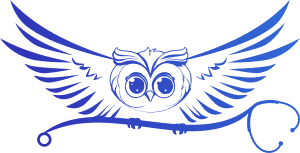










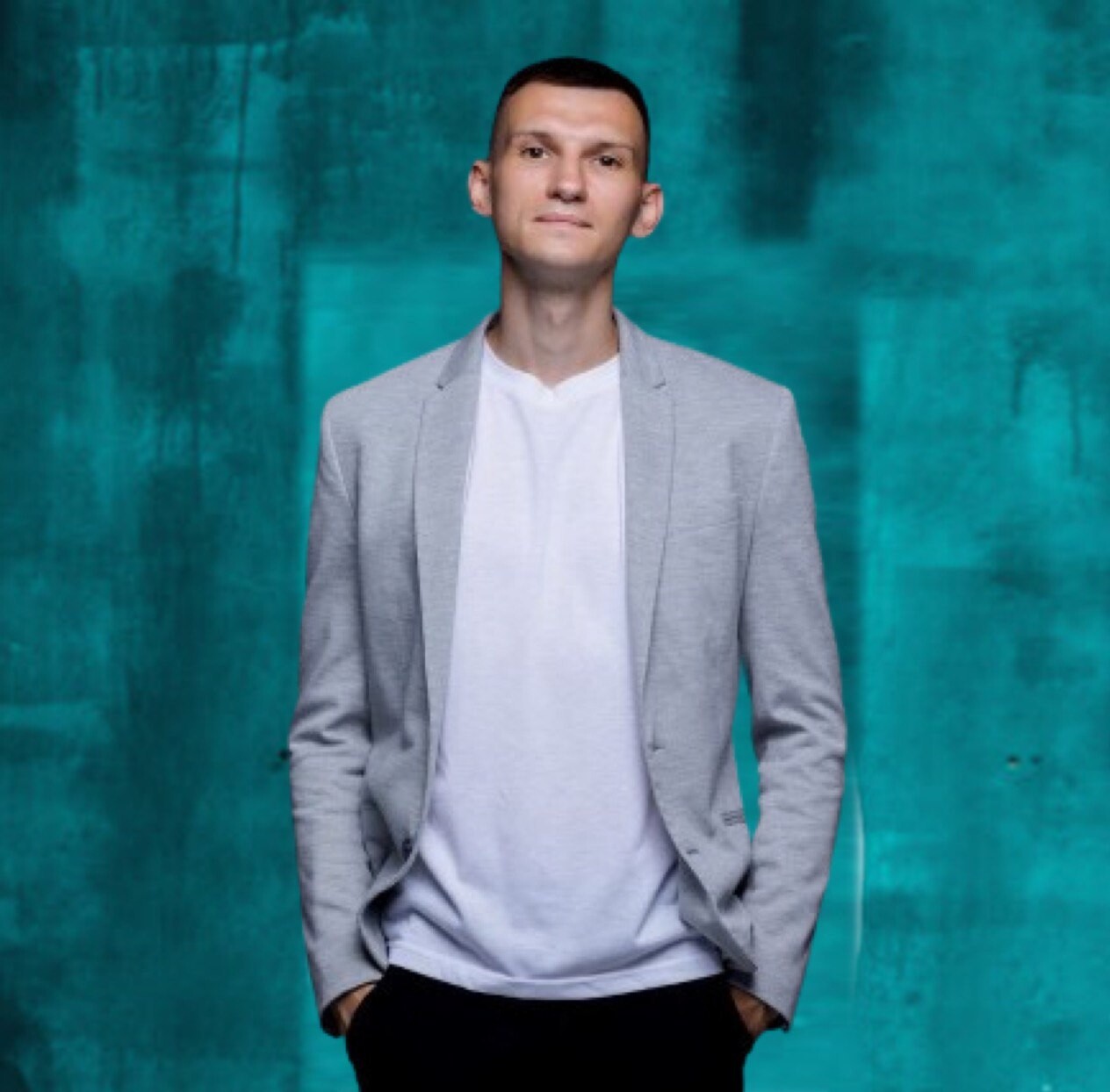

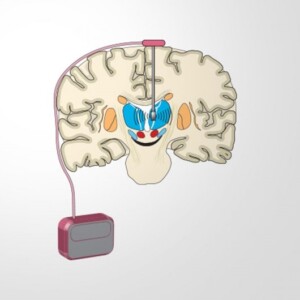
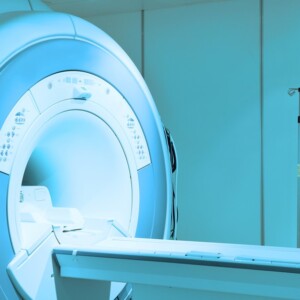
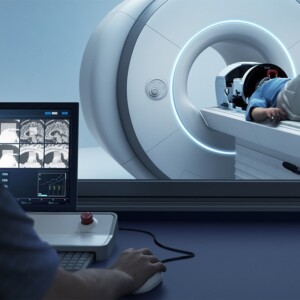
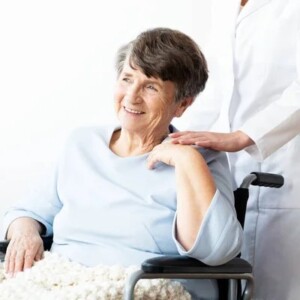
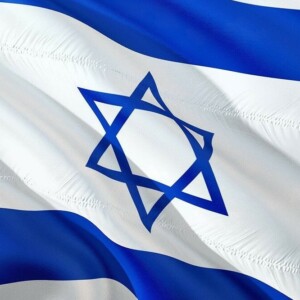
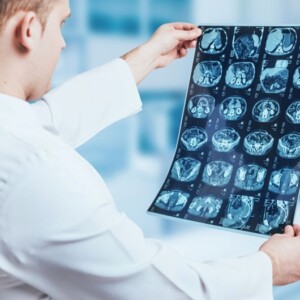 How does it manifest? Parkinson’s disease is a degenerative disease of the brain. Therefore, it is accompanied by motor dysfunction: slow movements, stiffness, loss of balance, and hand tremors. The patient also has functional syndromes and cognitive decline. Speech may become slurred depending on the stage of the disease.
How does it manifest? Parkinson’s disease is a degenerative disease of the brain. Therefore, it is accompanied by motor dysfunction: slow movements, stiffness, loss of balance, and hand tremors. The patient also has functional syndromes and cognitive decline. Speech may become slurred depending on the stage of the disease.
